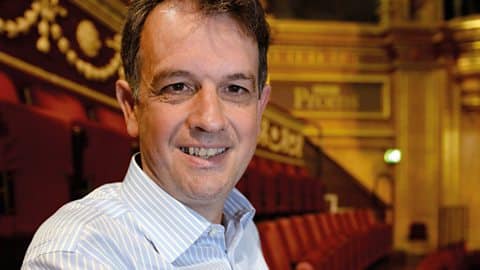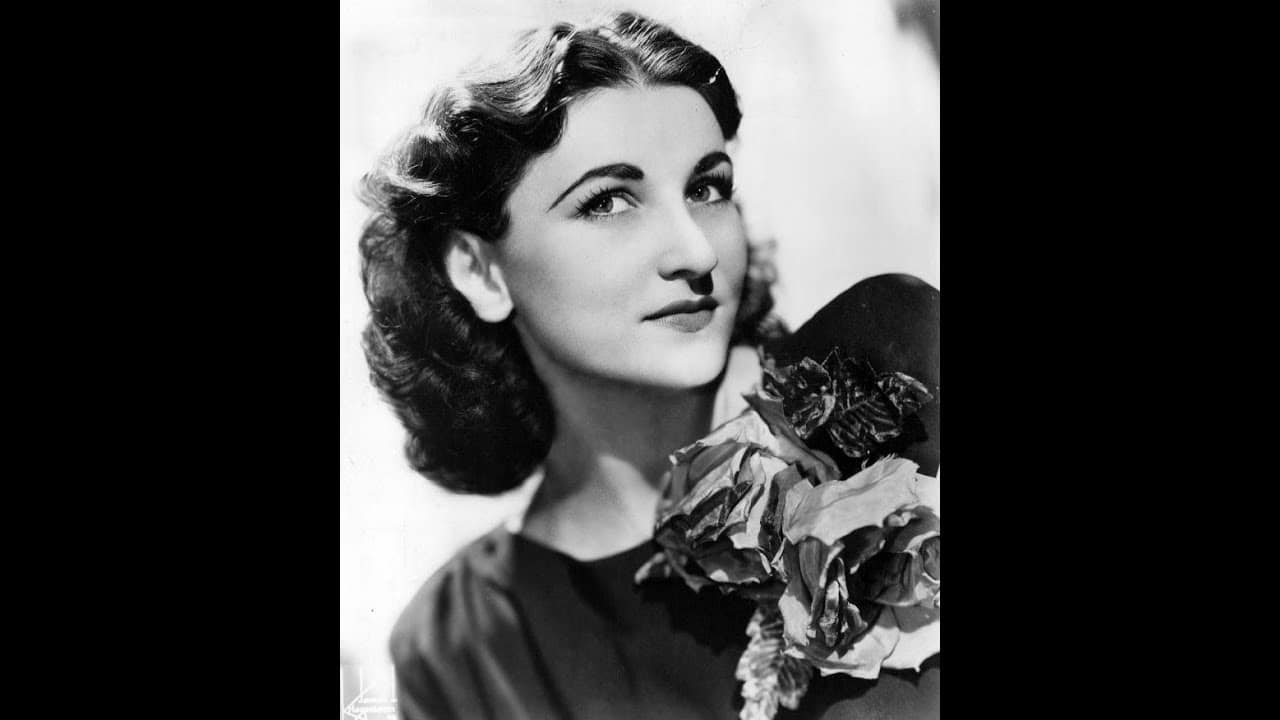BBC Proms boss steps down
NewsThe BBC this morning confirmed that David Pickard will be leaving his post as Director of the BBC Proms.
Pickard, 63, took up the role eight years ago when the Controller of Radio 3, Alan Davey, was deemed incapable of managing the Proms together with the network, as his two predecessors had done.
Pickard, with 14 years of Glyndebourne management behind him, was a safe pair of hands. To say that he was an inspiration would be a gross exaggeration. The Proms have staggered along during his time. Eight years is, in any event, long enough for anyone to head up a fesrival without running short of ideas.
It may be expected that Sam Jackson, the new controller of Radio 3, will take overall charge of Proms programming, with a junior executive to handle the actual bookings. Pickard will leave in October 2024.
Here’s the BBC-speak:
David was appointed Director of the BBC Proms in 2015, to fulfil the BBC’s mission, set out by Henry Wood, to bring the best classical music to the widest possible audience. Over the years he has expanded the breadth of the Proms, reaching new audiences across the UK and increasing the diversity of artists, composers and collaborators. This year’s season featured the first ever weekend-long Proms festival outside London at the Glasshouse International Centre for Music in the North East of England; the first time in Proms history that both the First Night and Last Night were conducted by women (Dalia Stasevska and Marin Alsop respectively); and one of the most celebrated seasons in recent history, featuring a broad range of classical music, from the UK premiere of György Kurtág’s opera Endgame and Aurora’s memorised Rite of Spring to concerts celebrating Northern Soul and Bollywood.
Under David’s tenure, some of the world’s most exciting musicians and ensembles have made their BBC Proms debuts, from cellist Sheku Kanneh-Mason and soprano Lise Davidsen to Chineke! Orchestra and the Sinfonia of London. He has brought some of the world’s finest international orchestras to the Proms, including the Berlin Philharmonic, Vienna Philharmonic, Budapest Festival and Boston Symphony Orchestras, and has overseen BBC commissions from some of the world’s most acclaimed living composers, including Thomas Adès, Hildur Guðnadóttir, George Benjamin, Hannah Kendall and Judith Weir. David has also expanded the scope of the Proms programme to include multi-disciplinary projects, from Anna Meredith’s Five Telegrams, featuring projections on the outside of the Royal Albert Hall, to Glass/Handel at Printworks encompassing music, dance, film and soundscapes.






Comments